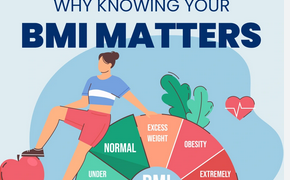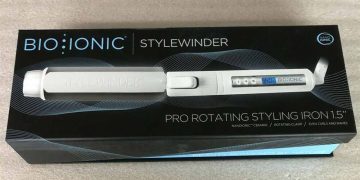Is it necessary for me to use hearing aids?
If you often assume people are mumbling or have problems comprehending group talks, you may be suffering from hearing loss. Hearing devices may assist in the amplification and separation of sounds.
What are some of the symptoms of hearing loss?
You may notice a variety of early warning signals and behavioural changes that are linked to hearing loss. You might start by:
- Make a fuss over somebody mumbling or speaking too quietly.
- Ask individuals to repeat what they’ve said often, particularly in loud environments.
- When compared to other individuals, you like to listen to the television or radio loudly.
- When you’re on the phone, you’re having trouble comprehending what’s being spoken
- Not being able to comprehend all of the conversation at the movies or during live theatrical performances
- Have trouble comprehending what’s being said in your place of worship or other public gatherings?
- You’ve been more irritated, frustrated, or withdrawn than usual.
- When you can’t see people’s faces, it’s difficult to comprehend them.
- Make an effort to hear talks, particularly if you’re in a group.
Why can I hear but not comprehend what others are saying?
People with normal or almost normal hearing in the low- and mid-pitched sounds, such as vowels, but hearing loss in the high-pitched sound spectrum, such as consonants, are a prevalent kind of hearing loss.
Vowels with the greatest energy in the lower pitches or frequencies, such as “o, ooh, ah, a, e,” are easier to hear. Higher-pitched consonant sounds like “s, sh, f, th” are quieter and more difficult to hear. However, high-pitched consonant sounds are the most important for speech clarity and comprehension.
In typical conversation, speech may seem loud enough, but it lacks clarity, making it difficult to hear what is being said. When there is more distance between you and the speaker, or when there is background noise, this issue is more evident.
What should I anticipate from my hearing aids?
Hearing aids Singapore, unlike eyeglasses, do not restore your hearing to normal. Hearing aids, on the other hand, magnify sounds in a certain range of pitches – the range in which the hearing loss occurs. Speech or environmental noises such as bells ringing, birds chirping, discussions from surrounding tables at a restaurant, or hectic road noise might be included in those sounds.
As a result, while utilising hearing aids in challenging listening circumstances, it’s critical to use communication methods.
Is it necessary for me to have one or two hearing aids?
If you have hearing loss in both ears, it’s better to use a device in each ear, akin to wearing two pairs of glasses. There are usually exceptions to the general norm, which your audiologist will explain with you. The following are some of the advantages of using hearing aids in both ears:
- Increased capacity to perceive communication in noisy environments
- Each hearing aid has less amplification, which reduces the chance of feedback (hearing aid whistling)
- You will be less weary at the end of the day since you will have used less auditory effort.
- Ability to identify the source of sound has improved.


































Discussion about this post